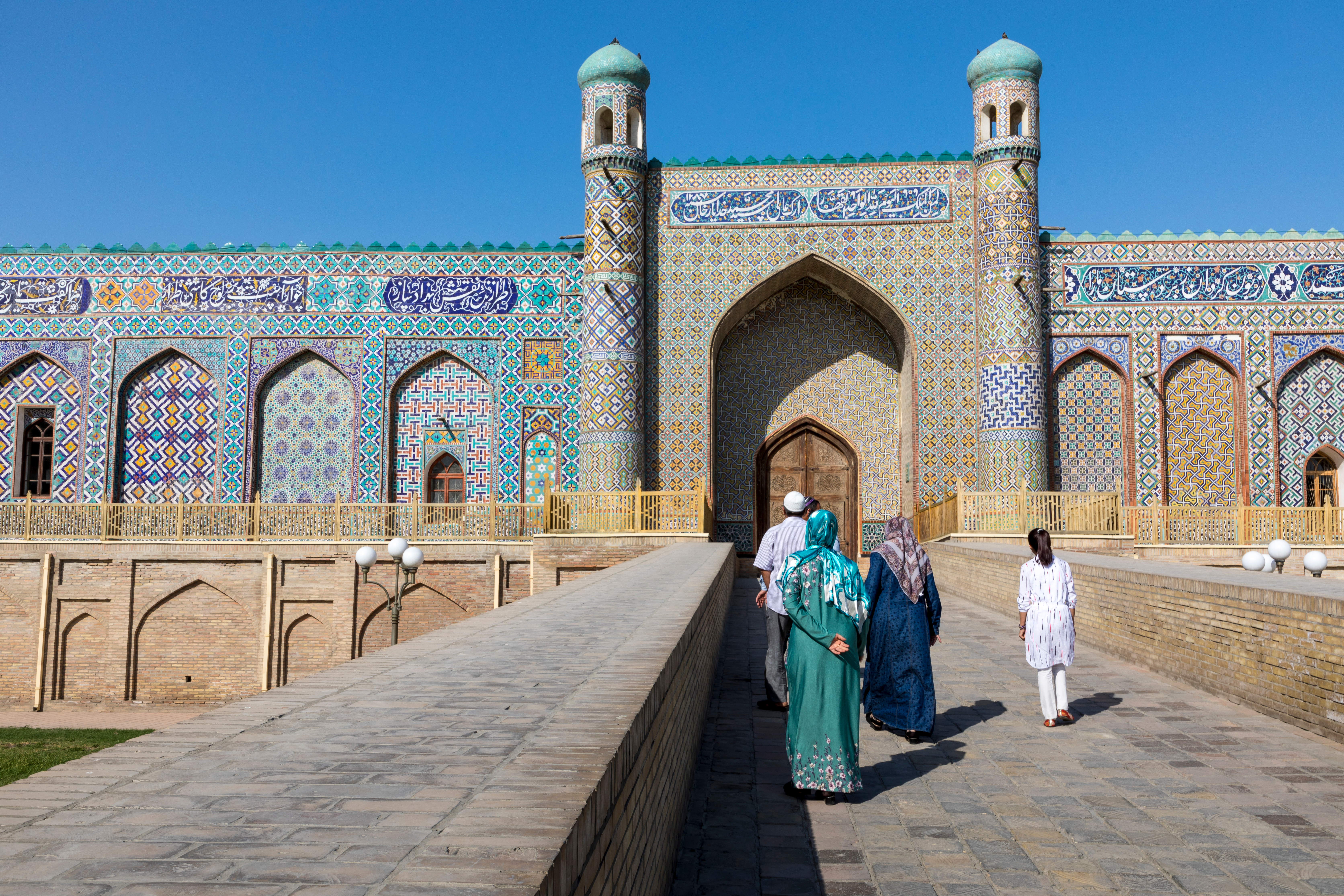Islam, politique et société en Ouzbékistan. Enquête sur le renouveau religieux de la jeunesse ouzbèke
This study aims to decipher the complex relationships between politics, Islam, and society in Uzbekistan and, more specifically, the dynamics at work in the religious revival of Uzbek youth.

Since Uzbekistan's independence, these young people have been living in a society marked by opposition between the “Islam of the Enlightenment,” the official symbol of the tradition and history of the Uzbek nation, and a political Islam perceived as extremist and under the influence of foreign Islamist movements.
To understand the Islamic revival observed in recent years among young Uzbeks, it is necessary to distinguish between the revival of religiosity among Uzbek migrant workers abroad, especially in Russia, and the resurgence of external signs of religious affiliation in Uzbekistan. In Russia, young Uzbeks find themselves in contact with a transnational Islam that advocates a rigorous practice far removed from the Uzbek religious tradition and can lead to their radicalization. In Uzbekistan, the outward signs seem to reflect an identity strategy, be it economic, social, or matrimonial, rather than the expression of a deeply lived religious identity.
Olivier Ferrando is a Lecturer in political science at the Catholic University of Lyon.
This paper is available in French: Islam, politique et société en Ouzbékistan. Enquête sur le renouveau religieux de la jeunesse ouzbèke

Available in:
Regions and themes
Share
Related centers and programs
Discover our other research centers and programsFind out more
Discover all our analysesRussia's Asia Strategy: Bolstering the Eagle's Eastern Wing
Among Russia’s strategic priorities, Asia traditionally played a secondary role compared to the West. In the mid-1990s, then Foreign Minister Yevgeny Primakov initiated a rapprochement with China and India. Then, in 2014, deteriorating relations between Russia and the West prompted Moscow to begin its “great pivot to the East”.
Kazakhstan After the Double Shock of 2022: Political, Economic and Military Consequences
The year 2022 represented a dual shock for Kazakhstan. In January, the country faced its most severe political crisis since independence, followed in February by Russia’s full-scale invasion of Ukraine, which cast uncertainty over the borders of post-Soviet states. These consecutive crises profoundly shaped Kazakhstan’s domestic and foreign policy.

How the Russian Army Changed its Concept of War, 1993-2022
The traditional and high-intensity war that has occurred in Ukraine since Russia decided to invade raises a key issue: did post-soviet Russian strategic thought really prepare Russia for waging this war?
Russia's Nuclear Deterrence Put to the Test by the War in Ukraine
From the outset of its “special military operation” (SVO) against Ukraine on February 24, 2022, Russia, which possesses one of the world’s largest nuclear arsenals, has adopted aggressive deterrence measures and a resolutely menacing rhetorical stance.








